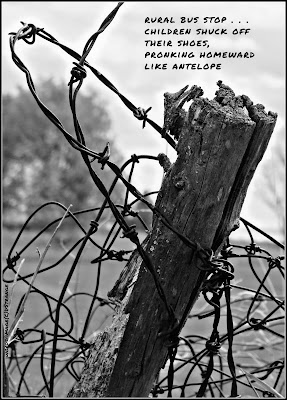My thanks to Jenny Ward Angyal for her lovely review of The Language of Loss: Haiku & Tanka Conversations. It may be accessed via the book title's tab of this blog.
a whisper
of moths circling
the beacon
it is much too late
for sirens
My thanks to Ryland Shengzhi Li for including my work in his essay, Gifts of Tanka: An Essay on Structure:
"The event-and-response structure comprises an event, state, or thing paired with a response...
the ocean
was in a rage last night
but today,
these peace offerings
of blue mussels and kelp
(1st Place, 2018 Sanford Goldstein International Tanka Contest)
Here, the event comprises the first two lines of the ocean in a rage last night, while the response, today's peace offerings, comes in the last three lines. What follows rage is not destruction, as one might expect, but offerings of peace.
Although the words of the poem focus on the ocean, they also invite the reader to infer meanings about human life. The poem suggests a mood of hopeful expectation in a dire situation, perhaps reconciliation after a fight. If even the ocean, the vastest thing on earth, can resolve rage with peace offerings, how much more so we human beings. In this sense, the poem's description of the ocean gives us perspective and grounding in our own life, while relating the ocean to human affairs helps us see the ocean with greater familiarity. The poem also suggests the impermanence of all things: even a strong emotion like rage will eventually wane and be pacified. The "peace offerings" here are also food items, often used to cultivate peace between humans.

No comments:
Post a Comment